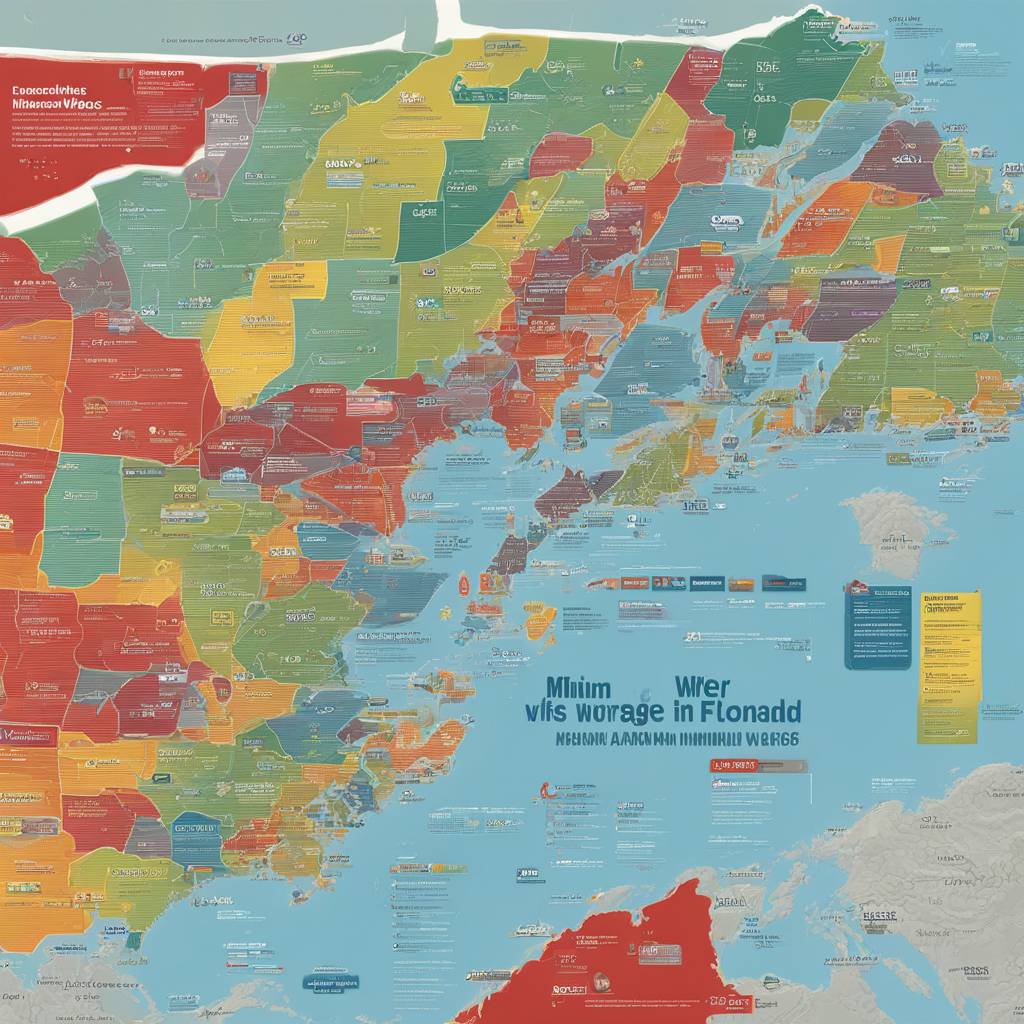The minimum wage in all four Atlantic Canadian provinces is increasing, with Newfoundland and Labrador leading the way with a 60-cent increase to $15.60 per hour, making it the highest minimum wage in the region. New Brunswick is increasing its rate by 55 cents to $15.30, while Prince Edward Island is increasing by 40 cents to $15.40, with another increase scheduled for October 1st, bringing the rate to $16. Nova Scotia is seeing the smallest increase at 20 cents, bringing its rate to $15.20.
In Nova Scotia, the Labour Department reports that an average of six percent of workers were paid minimum wage between April 2022 and March 2023, with the majority of these workers employed in the retail, food, and accommodation industries. These increases in minimum wage aim to provide workers with a higher standard of living and help reduce income inequality in the region. The changes are also seen as a way to stimulate economic growth by putting more money into the hands of low-wage workers who are likely to spend their earnings in the local economy.
Newfoundland and Labrador’s new minimum wage of $15.60 per hour is expected to benefit workers in the province, particularly those in the lower-wage industries. The increase is also seen as a positive step towards reducing poverty and increasing overall wellbeing in the region. With the cost of living on the rise, a higher minimum wage can help workers keep up with expenses while also providing a boost to the local economy through increased consumer spending.
Prince Edward Island’s decision to raise its minimum wage to $15.40, with another increase planned for October, shows a commitment to supporting workers in the province. By gradually increasing the minimum wage, the government aims to provide employees with a decent standard of living and reduce the prevalence of low-wage jobs. This move is in line with efforts across Canada to address income inequality and ensure that workers are fairly compensated for their contributions to the economy.
The increases in minimum wage across Atlantic Canada come at a time when there is a growing recognition of the importance of fair wages for all workers. By raising the minimum wage, provinces are taking steps to address income inequality and support those in low-wage industries. These increases reflect a broader shift towards recognizing the value of all workers and ensuring that they have the means to support themselves and their families. The changes also underscore the government’s commitment to creating a more equitable and inclusive society for all residents.
Overall, the increases in minimum wage in Atlantic Canada signal a positive step towards providing workers with a decent standard of living and reducing income inequality in the region. By ensuring that workers are fairly compensated for their work, provinces are taking a proactive approach to addressing economic disparities and supporting those in low-wage industries. These changes not only benefit workers directly but also have ripple effects throughout the local economy, leading to increased consumer spending and overall economic growth. As the cost of living continues to rise, these increases in minimum wage are a crucial component of efforts to ensure that all residents can thrive in an increasingly expensive environment.















